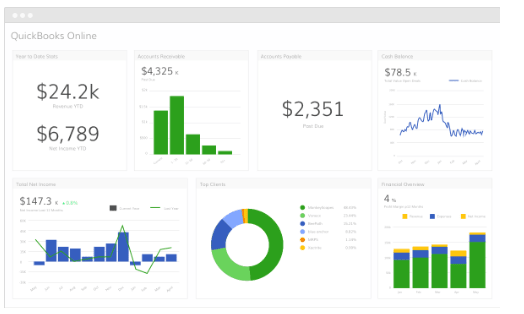Ob Sie ein Pilzliebhaber oder ein Motorradfahrer sind, das gleiche Maß an Vorsicht ist entscheidend, um Ihr Hobby ohne Zwischenfälle zu überstehen. Während die Umstände Ihrer Reise völlig unterschiedlich sein mögen, ist die Gefahr, die mit unangemessenem Verhalten verbunden ist, etwas, das den verantwortungsvollsten Sammlern oder Motorradfahrern passieren kann.
Trotz der Tatsache, dass die beiden Aktivitäten völlig unterschiedlich sind, gibt es dasselbe Schild sowohl im Wald als auch auf der Autobahn; und dieses Schild sollte befolgt werden, um Gefahren zu vermeiden. Wenn Sie Pilze sammeln, werden Sie wahrscheinlich auf ein Schild stoßen, das Sie an die Gefahren jeder Pilzart erinnert. Einige Pilze sind essbar, andere sind giftig und einige sind tödlich. Das Gleiche gilt für Motorradfahrer, da nicht jedes Motorrad in der Lage ist, den Verkehr zu teilen (Lane Splitting), sodass Lane Splitting im Bundesstaat Washington legal ist.
Die Legalität des Lane Splitting kann ebenfalls eine Frage sein. Wenn Sie die Frage stellen, ob Lane Splitting im Bundesstaat Washington legal ist, ist die Antwort sowohl ja als auch nein. Die Legalität der Aktivität ändert sich ständig mit der Zeit und das schon seit Jahrzehnten. Trotz gut etablierter Richtlinien gibt es einige Tricks, um zu verstehen, was Sie tun und wie Sie Ihre Begeisterung meistern sollten.
Sicherheit für sowohl wissende Pilzsammler als auch erfahrene Motorradfahrer besteht größtenteils darin, die Fallstricke zu vermeiden, die mit unangemessenem Verhalten verbunden sind, und nicht die Lektion auf die harte Tour zu lernen. Das Gleiche gilt für jede andere Art von Enthusiasten sowie für Reisende. Es ist immer am besten, die Regeln und Vorschriften zu befolgen, die an dem Ort gelten, an dem Sie reisen oder erkunden.
Wenn Sie die Risiken der Pilzsuche in Betracht ziehen, ist es wichtig, die Risiken der Fehlidentifikation der Pilze sowie das Potenzial für Unfälle beim Reisen zu und von den verschiedenen Erkundungsorten zu berücksichtigen. Das Gleiche gilt für die Verkehrssicherheit von Motorradfahrern. Beide Enthusiasten müssen sich ihrer Umgebung bewusst sein und die Risiken verstehen, denen sie ausgesetzt sind.
Wenn Sie die Regeln brechen, weil Sie sich dessen nicht bewusst waren, besteht die Möglichkeit ernsthafter Probleme mit dem Gesetz, zusätzlich zum physischen Risiko, einen Unfall zu verursachen. Auch wenn Sie sich möglicherweise nicht um die Möglichkeit einer Festnahme beim Lane Splitting in Washington kümmern oder die Grenzen beim Pilzsammeln missverstehen, können Beamte für natürliche Ressourcen und Polizeibeamte hilfreich sein, indem sie Bußgelder für diejenigen ausstellen, die das Gesetz brechen.
Wenn Sie mehr darüber lesen möchten, was Sie erwartet, wenn Sie auf frischer Tat ertappt werden, lesen Sie den folgenden Beitrag: https://www.wakeupcalltofarmers.com/washington-state-lane-splitting-laws-what-you-should-know-as-a-motorcyclist/. Sie denken vielleicht nicht, dass ein Titel über Lane Splitting sich auf Pilzliebhaber bezieht, aber die Parallele ist ähnlich. Die Straße entlangzufahren ist wie Pilze sammeln, denn wenn Sie nicht wissen, wohin Sie gehen, dann können Sie ernsthafte Probleme erwarten, egal wie begeistert Sie sind.
Für weitere Informationen zu Verkehrsregeln können Sie die National Highway Traffic Safety Administration besuchen.

